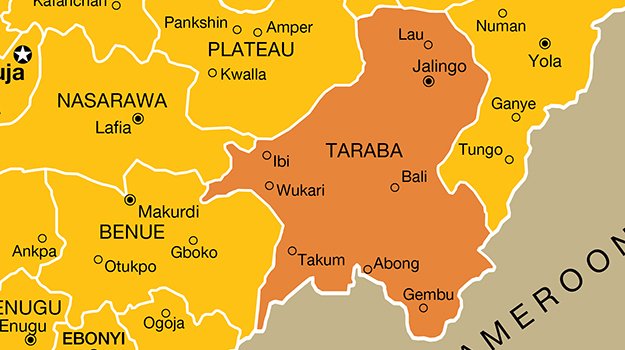
By Gom Mirian
The World Bank has said that the revenue from natural resources such as minerals, oil, and gas may double in Nigeria and other Sub-Saharan African nations that are rich in metals and minerals.
It observed that by adopting a stronger set of policies, putting reforms into place, investing in improved fiscal management, and fostering good governance, these nations will double revenue.
According to the statement announcing the new Africa’s Resource Future report, the World Bank stressed that in periods of energy transition and growing metal and mineral demand, resource-rich countries in sub-Saharan Africa have a chance to better harness their resources to finance their public programmes, diversify their economies, and increase energy access.
“In a time of energy transition and rising demand for metals and minerals, resource-rich governments in Sub-Saharan Africa have an opportunity to better leverage their resources to finance their public programmes, diversify their economy, and expand energy access, on average, countries capture only about 40 per cent of the revenue they could potentially collect from natural resources.
“In other words, at a time when countries are burdened by slow growth and high debt, governments could more than double revenues from natural resources such as minerals, oil, and gas by adopting a better set of policies, implementing reforms, and investing in better fiscal administration and promoting good governance.”
The bank also recommended full taxation of natural resources to charge the full cost of environmental and social impacts, which are not always fully covered by producers, including petroleum resources. warned that failing to tax natural resources could act as an implicit production subsidy and raise carbon emissions.
The World Bank Africa Region, James Cust, in the statement, said: “Maximizing government revenues in the form of royalties and taxes paid by private natural resources and industries, alongside attracting new investment, would offer a double dividend for people and planet by increasing fiscal space and removing implicit production subsidies.”
The World Bank noted that the prospect of higher revenues is significant in countries that are unable to make needed development investments because of high borrowing and debt service costs.


